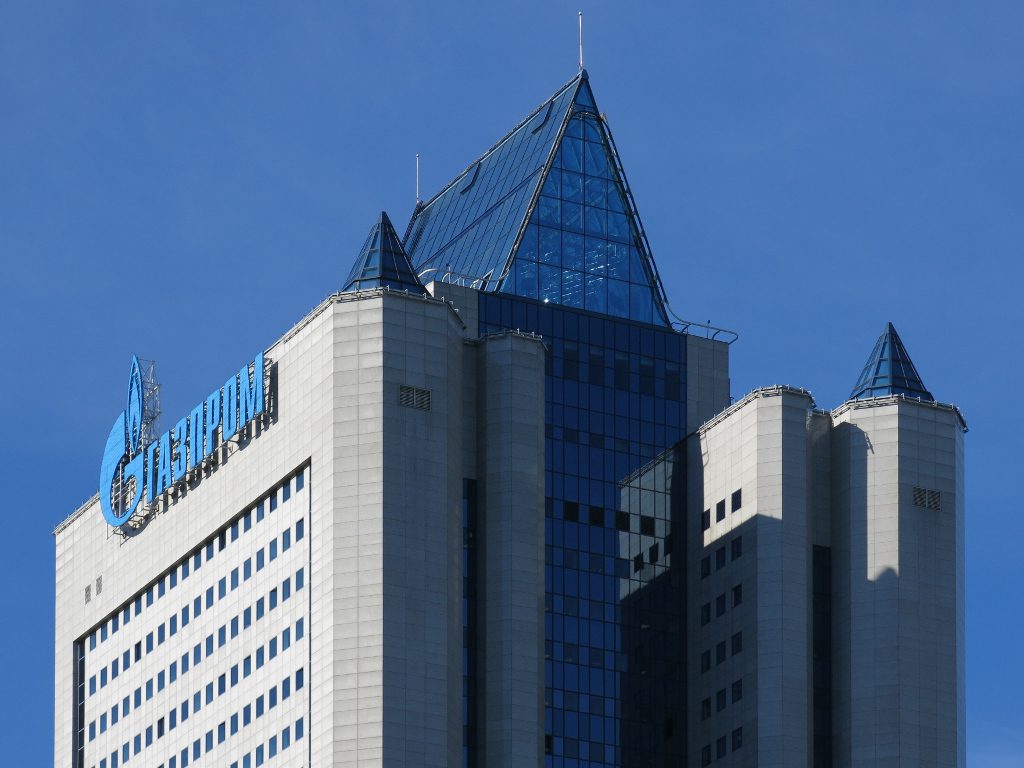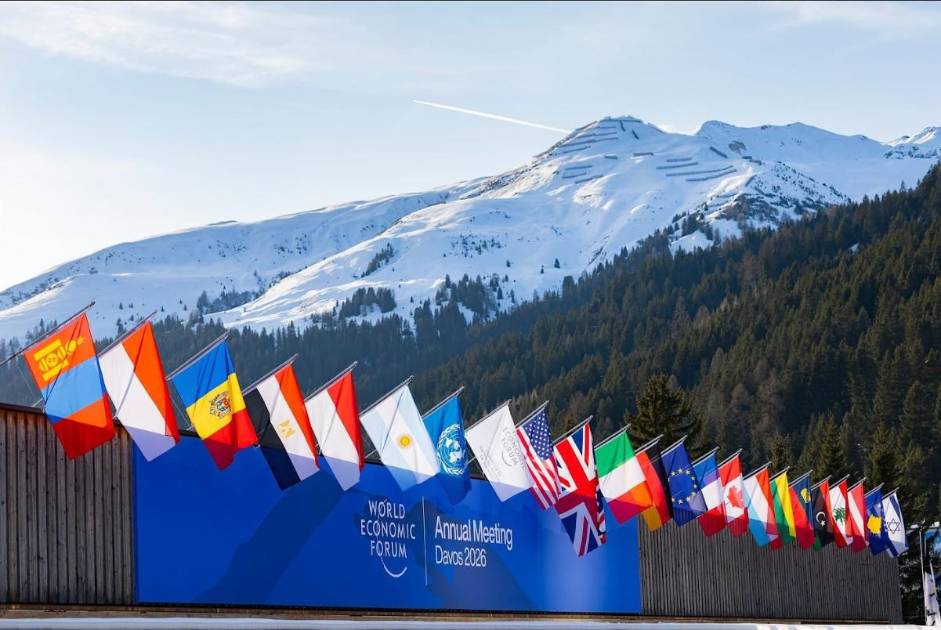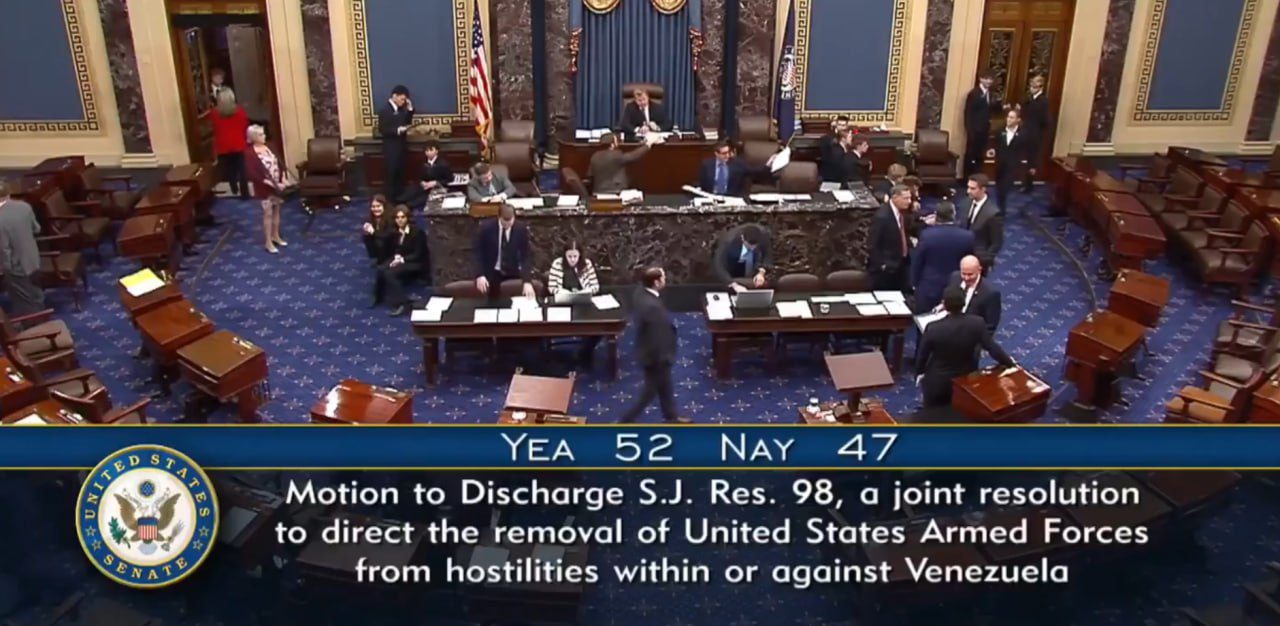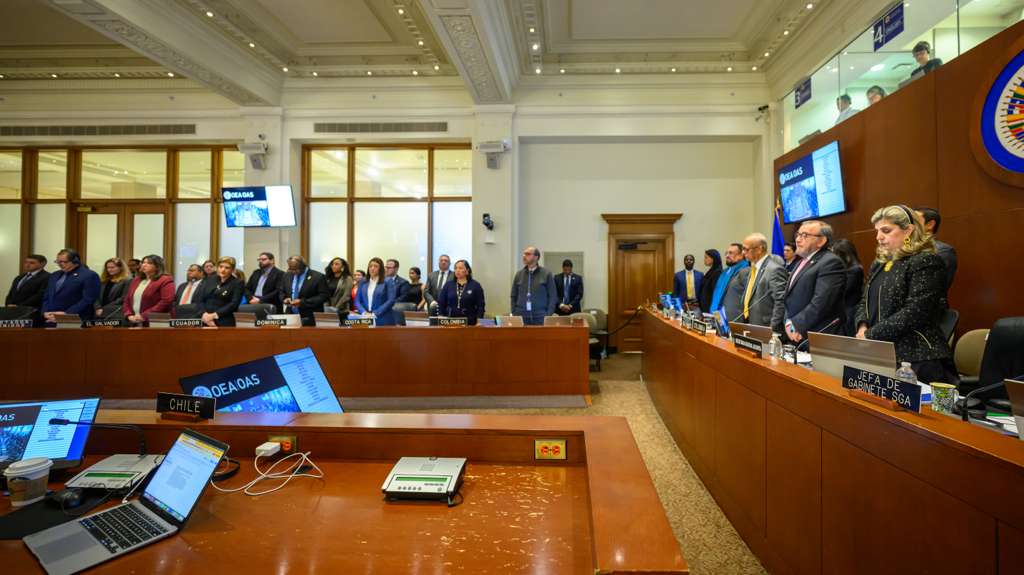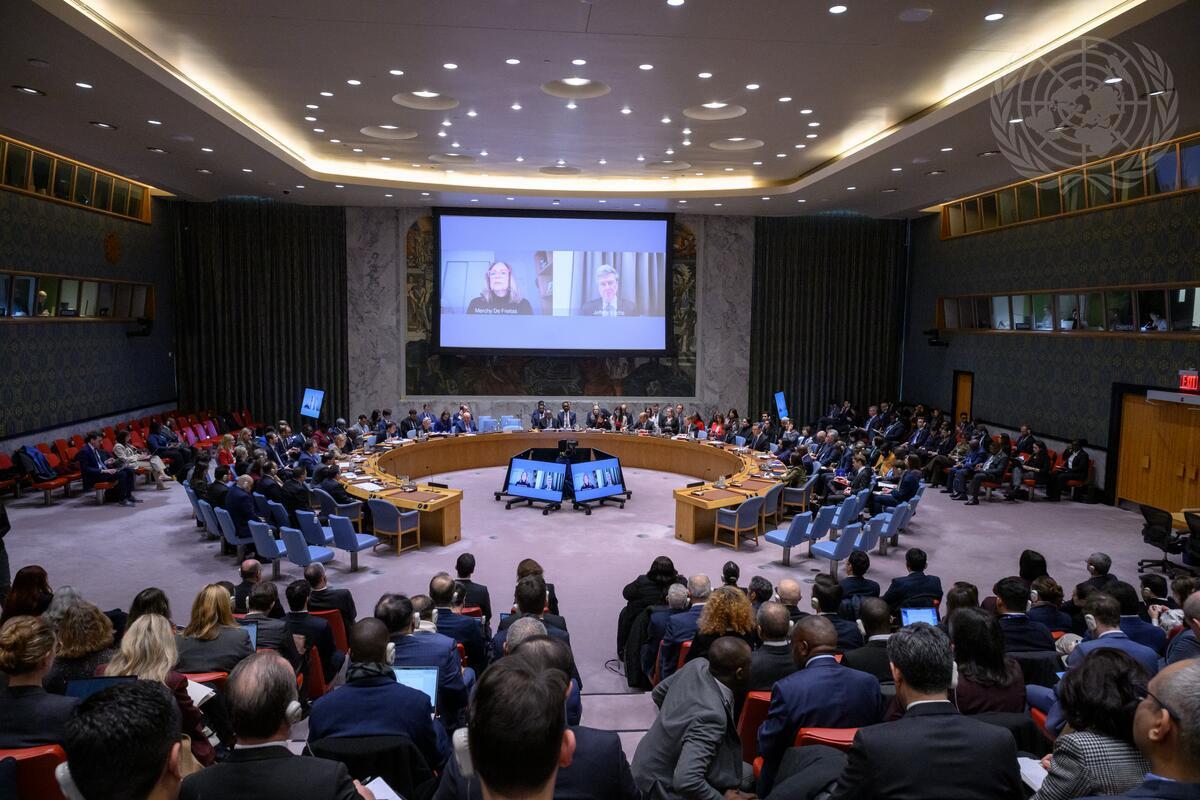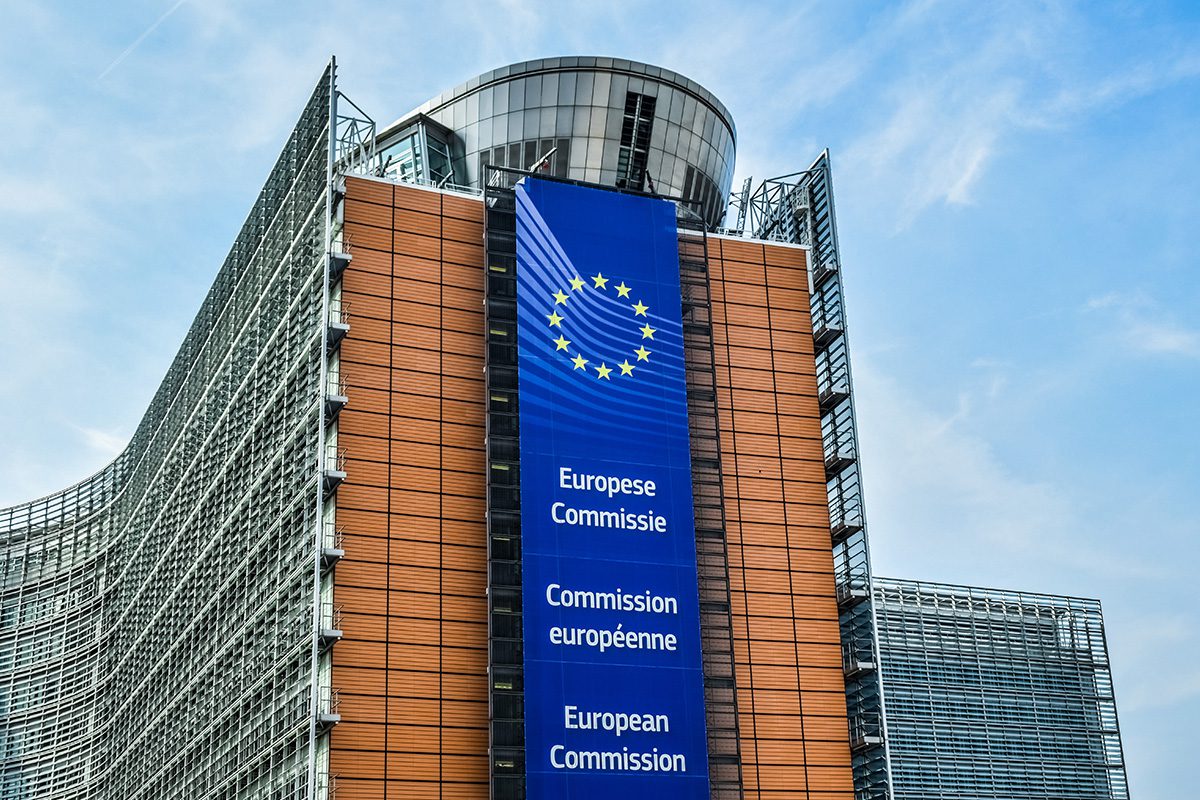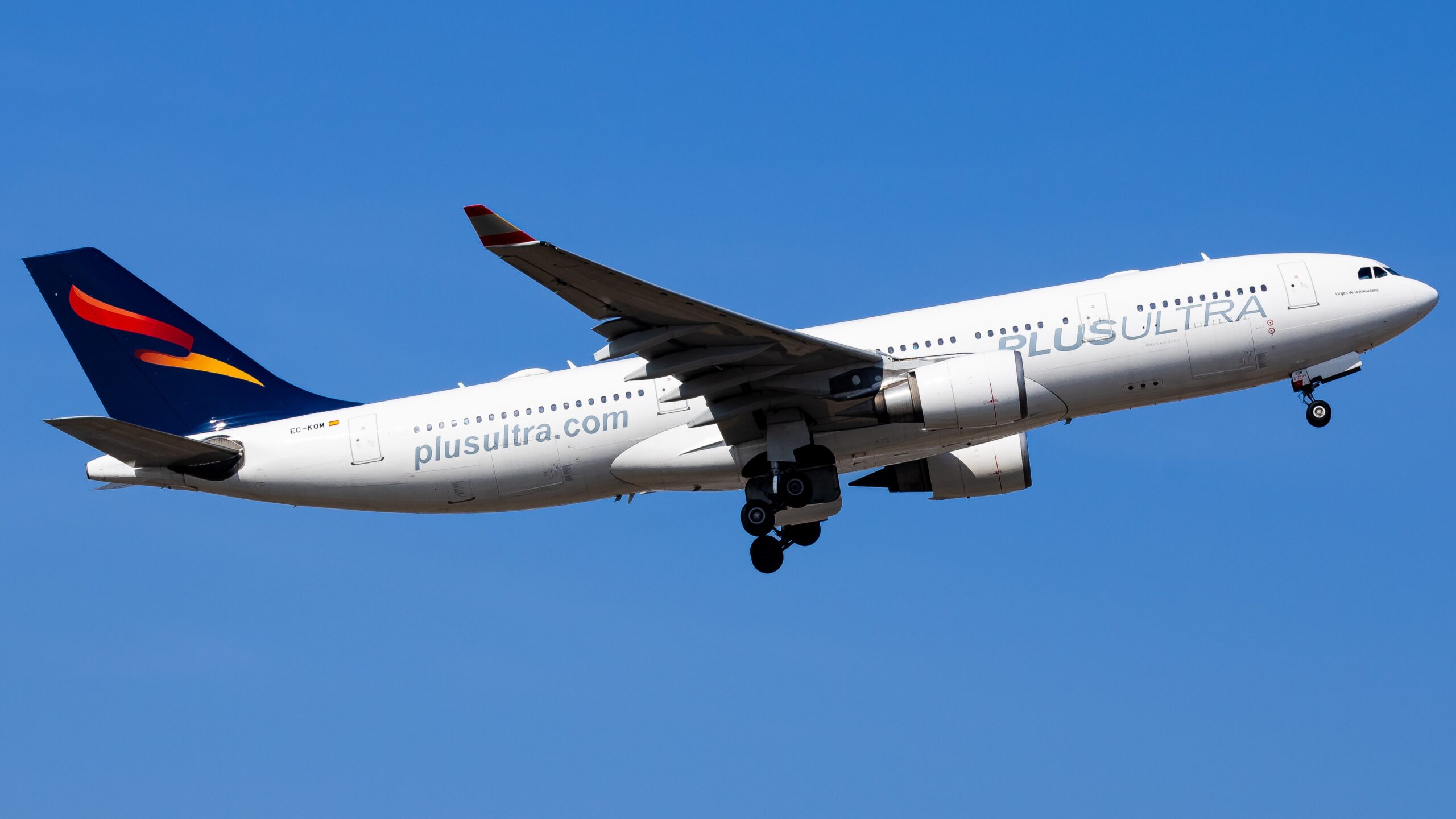Gazprom is Russia’s largest company, controlling approximately 15% of the world’s gas reserves and a substantial amount of oil reserves. Pictured are Gazprom’s offices in Moscow, Russia. Photo: Boevaya Mashina.
Guacamaya, October 23, 2025. Brussels has brought forward to 2027 the total ban on imports of Russian liquefied natural gas, sanctioned the “ghost fleet,” and imposed measures on 45 new companies for sanctions evasion. The package was approved unanimously after overcoming Slovakia’s blockade and coincides with US sanctions against Rosneft and Lukoil.
The European Union formally adopted its nineteenth package of sanctions against Russia for the war in Ukraine this Thursday, after overcoming Slovakia’s blockade. The new set of measures, approved unanimously by the Twenty-Seven just before a European summit in Brussels, brings forward to 2027 the ban on importing Russian liquefied natural gas (LNG), a year earlier than planned, and sanctions the so-called “ghost fleet” that Moscow uses to evade international restrictions.
Diplomatic sources cited by the German outlet DW detailed that the LNG ban will be applied progressively: starting in April 2026 for short-term contracts and from January 1, 2027, for long-term agreements.
Furthermore, the EU will restrict the movements of Russian diplomats within the bloc and will sanction 45 new companies accused of collaborating with Moscow in evading sanctions. Among them are twelve Chinese companies, three Indian, and two Thai.
“Today is a great day for Europe and Ukraine. It is extremely positive that we have reached an agreement on the nineteenth package of sanctions against Russia,” celebrated the Danish Foreign Minister, Lars Løkke Rasmussen, whose country holds the rotating presidency of the EU Council.
The Twenty-Seven also expanded the criteria for sanctioning those responsible for the abduction of Ukrainian children forcibly taken to Russia. The measures also extend to the Russian financial sector, with a ban on transactions with five new banks and the extension of sanctions against the Russian electronic payments system, in addition to completely blocking operations with cryptocurrencies.
In parallel, Brussels is tightening restrictions on dual-use industrial goods, materials that can be used for both civilian and military purposes and which Russia exploits on the battlefield.
The agreement occurred after Slovakia lifted its objection to the package, which already had the backing of Hungary and Austria. Its approval coincided with the announcement, by the United States, of new sanctions against the Russian oil companies Rosneft and Lukoil, in response to what Washington described as the Kremlin’s “lack of serious commitment” to a peace process.
Ukrainian President Volodymyr Zelenskyy welcomed the measures from both Brussels and Washington, though he called for maintaining pressure on the Russian leader. “This sanctions package is crucial for us. Thank you very much. I hope it works. It is very important,” he stated upon his arrival at the European summit in Brussels.
The Ukrainian leader also referred to the recent decision by US President Donald Trump to sanction the Russian energy sector. “Russia does not show that it wants to stop this war with which they are attacking us. We see attacks against nurseries, schools, civilians… which means that we not only have to defend ourselves, together with Europe and the United States, but also pressure Putin to stop the war,” he said.
Zelenskyy appeared alongside the President of the European Council, António Costa, who lamented that the Kremlin had rejected “the great expectations generated by Trump’s initiatives to end the war.”
The Ukrainian president and the main European leaders agreed this week on a twelve-point peace plan, which contemplates negotiations with Moscow based on the current line of contact and security guarantees for Ukraine, including its future accession to the European Union once the conflict is over. This plan was agreed upon after the meeting that Zelenskyy and Trump held on Tuesday at the White House, in which the US president refused to supply Tomahawk missiles to Kyiv.
From Moscow, the spokeswoman for the Ministry of Foreign Affairs, Maria Zakharova, responded harshly to the new package of measures. “The EU sanctions against Russia mainly act against the European Union itself,” she stated in an official declaration.
Zakharova argued that “Brussels’ possibilities for expanding sanctions have largely been exhausted, because they have already tried practically all the options to inflict a ‘strategic defeat’ on Russia, damaging its economy and defense capacity.” She added that Moscow reserves the right to respond with “appropriate” measures that reflect its national interests.
With this new package, the European Union reinforces its economic and diplomatic pressure on Moscow while seeking to maintain internal unity in the face of a war that, after more than three years, continues to reconfigure the political, energy, and security balance on the continent.

